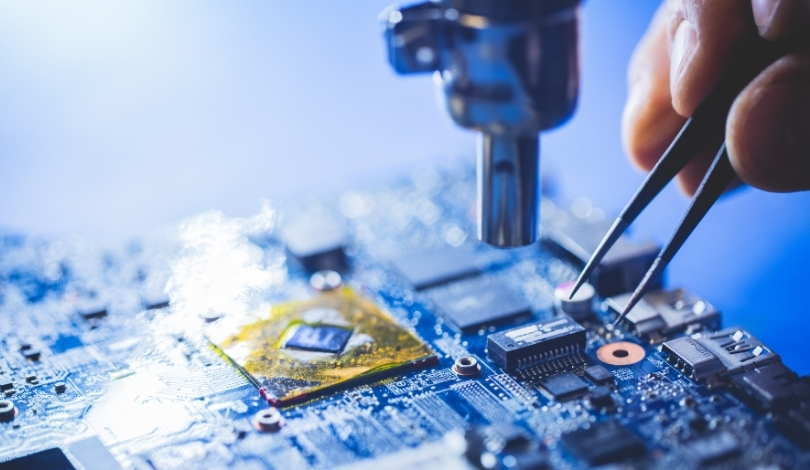PC users have increasingly focused on the integration of artificial intelligence into their daily workflows, pushing the hardware industry toward smarter and more responsive systems. Speculation surrounding Intel’s next-generation desktop CPUs now points to potential support for Copilot+ features—previously reserved for select devices. If realized, this development could alter how productivity and creativity tools function on Windows 11 machines, adding native AI-driven functionalities directly to desktops. As PC enthusiasts and businesses anticipate these changes, both compatibility and expected performance boosts have become key points of discussion.
While previous reports often centered on Copilot+ features being designed mainly for ARM-based chips like Qualcomm’s Snapdragon X Elite and select mobile platforms, the possibility of these advanced AI functions becoming available on Intel’s desktop lineup sets a new precedent. Formerly, Intel’s AI solutions focused on accelerating specific workloads and partnered with software vendors rather than providing comprehensive integration into Windows features. In contrast, this rumored shift could directly impact mainstream desktop usage by making Windows 11’s Copilot+ services accessible via locally powered hardware instead of relying on cloud resources.
How Might Copilot+ Work on Intel Desktop CPUs?
Rumors suggest that Intel’s upcoming Arrow Lake CPUs may ship with the advanced processing and neural capabilities necessary to meet Microsoft’s requirements for Copilot+ features. These standards reportedly include support for a minimum of 40 trillion operations per second (TOPS) and a dedicated neural processing unit (NPU). Enhanced AI-powered tools, such as context-aware assistance and image generation within Windows 11, could potentially be supported directly on desktop systems equipped with these processors.
What are the Expected User Benefits?
If integrated as speculated, features like live captioning, advanced note-taking, and image editing powered by Windows Copilot+ would become more responsive and accessible to desktop PC users. These tools could operate with fewer lags and increased privacy by minimizing cloud dependency. One source familiar with the technology stated,
“AI features that previously required online connections could now run quickly and locally, giving users more control.”
This improvement may appeal not only to gamers and professionals but also to those seeking smoother multitasking and creative workflows.
Will Compatibility and Availability Be Widespread?
Microsoft typically restricts Copilot+ features to systems meeting certain hardware benchmarks. If Intel’s next-gen CPUs achieve the necessary on-chip AI performance, broader Copilot+ enablement across new desktop PCs could occur. However, many existing devices may lack compatibility or require significant updates to participate in this progression, potentially limiting immediate adoption among older hardware owners.
Future developments hint at expanding access to Copilot+ beyond the mobile platforms initially expected to support it. This marks a notable change from earlier industry speculation, which often linked Copilot+ exclusively with ARM-based processors and select notebook models. Movement toward x86 architectures could boost AI adoption in workplaces and home offices where desktop PCs remain prevalent, offering users greater consistency across device types.
Expanding AI-driven Copilot+ features to next-generation Intel desktop processors signals a notable shift in personal computing. Users should closely monitor official specifications and announcements as hardware requirements and software support may affect their upgrade timelines. For those considering new system builds, evaluating processor capabilities in relation to AI tools like Copilot+ will be crucial. As Microsoft and Intel aim to deliver more advanced on-device AI, both consumers and IT departments may need to adjust device lifecycle strategies and prioritize AI-readiness in purchasing decisions.
- Intel’s upcoming CPUs may support Copilot+ AI features on Windows 11 desktops.
- These AI capabilities could become locally accessible, not just cloud-based or ARM-limited.
- Hardware compatibility will be critical for users seeking full Copilot+ integration.










